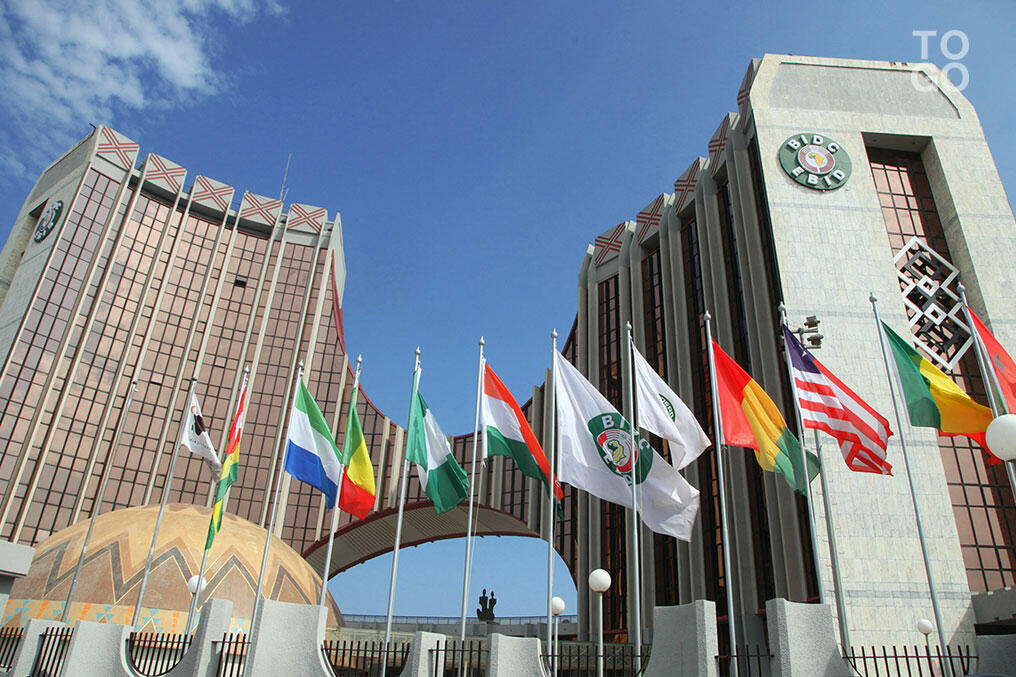Published
2 ans agoon
By
SENDirect
The decisions of the 11th controversial Extraordinary General Assembly in Lomé have already been translated into action, and Senegal will never lead the ECOWAS Bank for Investment and Development. And worse, its representative will be ejected from his post as First Vice President, in favour of an Ivorian or a Beninese. It will now be a question of seeing what levers the country of Teranga can use to express its discontent.
It was expected, and the conspirators lost no time in taking action. Despite strong protests from Senegal, the Board of Directors of the Ecowas Bank for Investment and Development (EBID) was keen to quickly implement the decisions imposed by the majority shareholders at the 11th Extraordinary General Assembly in Lomé, held on Monday 13 February.Indeed, at the end of the said General Assembly, the Chairman of the Board of Directors, the Cape Verdean Olavo AvelinoGarcia Correia, Deputy Prime Minister and Minister of Finance and Digital Economy of the Republic of Cape Verde, and current Chairman of the Board of Governors of EBID, issued a note addressed « to all staff members » of the Bank.
It says in particular that « the Board of Governors examined the recommendations made by the Board of Directors on the study on the institutional reforms of the Bidc, carried out by the firm Mazars Senegal, as well as the roadmap for its implementation. The deliberations that followed allowed the adoption of leonine measures that Le Quotidien had already suspected in its edition No. 5995 of Wednesday, February 15. These include « the creation of a third vice-presidency, which will be responsible for risk and control, including all second-level control functions (risk management, compliance and monitoring) and the function of Information Security Officer (ISA). It should be noted that the current management structure includes a Ghanaian chairman, George Agyekum Donkor, and two vice-chairmen, the first of whom is the Senegalese Mabouba Diagne, in charge of finance and institutional services. The second is the Nigerian Olagunju M. O. Ashimolowo, in charge of « Operations ». The new post thus announced should go to Benin, as a reward for the defectionand for joining the majority camp.
Poor Mabouba Diagne has no choice but to resign in all dignity, because he will be sacrificed in any case. The agreement of the 14th provides, as Mr Garcia Correia reminds us, that « the posts of President and two Vice-Presidents of EBID will be reserved for the three majority shareholders by rotation among them, while the post of Vice-President and that of Secretary General will be occupied by rotation among the minority shareholders in accordance with international practices. This means that an Ivorian candidate should very soon occupy the post snatched from Senegal. The latter will only have the choice of fighting with the other small shareholders for the position of 4th Vice-President or Secretary General, without any real decision-making power.
In order to confirm the fraud, the chairman of the governors’ assembly stated: « The term of office of the president and vice-presidents of Bidc is fixed at five (5) years renewable once. However, the current President and Vice-Presidents will complete their current terms of four (4) years each. With regard to the five-year term that will run from 2024, everything must be done in accordance with the statutes and the Manual approved by the Board of Governors. In the event of a renewal of the terms of office of the current President and Vice-Presidents in accordance with the Bank’s Statute, they will serve another five-year term. »
In the same sentence, the Cape Verdean added: “By working to promote a culture of compliance, Bidc will consolidate itself as an institution.” The irony is that this is being said at the very moment when Bidc is treading on all the rules that have built it to date, while trampling on agreements previously approved in writing, by all the heads of state members of the institution! For the readers of Le Quotidien to understand that the announced putsch is not a view born from the paranoid mind of frustrated Senegalese, the 5th point of Olavo Garcia Correia‘s circular letter says: « In order to enhance the efficiency and effectiveness of the Bank’s mission, some modifications have been made to the Bank’s organisationalchart, which will be communicated later by the senior management.” Needless to say, these « changes » will affect the position held by Senegal.
Read our Column: Why is Senegal Always Betrayed in Africa?
As often recalled, Ghana, Nigeria and Côte d’Ivoire together hold about 80% of the bank’s shares. Senegal, the fourth-largest shareholder, has less than 9% of the shares. The rest of the ECOWAS countries have very insignificant shares.However, at the beginning, African leaders wanted to run BidC on principles of equity and justice. But the appetite and personal interests of some individuals led them to renege on their initial commitments.
Today, Senegal finds itself the victim of this « forgetfulness » of the principles of solidarity that were at the root of the establishment of Bidc. Since they do not have the institutional power to oppose this coup de force, Senegalese leaders do not even have the capacity, according to ECOWAS texts, to denounce the fraud by slamming the institution’s door. This does not prevent us from believing President Macky Sall when he promises that the slap will not go unpunished, and that « the bank will have a serious governance problem ».
By Mohamed GUEYE / mgueye@lequotidien.sn

















































